
harvesting status:
Welcome to
Daterra
A virtual tour through our 2021 crop.
It isn’t safe to travel yet – but it shouldn’t be much longer now! Here you’ll find everything we’re doing while you can’t come see for yourself. If you have any questions, don’t hesitate to contact us by e-mail or through our social media channels.
48% harvested

Just so you know, this website is best viewed on a desktop computer, It's also a little image-heavy so make sure you have a stable connection.
CROP REPORT

In 2021 we’re having a low crop year, so Daterra will be producing significantly less coffee than last year. There are two reasons for that: first, the biannual cycle of coffee which is natural and expected; the second reason is the series of climate challenges we have experienced.

The year started well with good rains on blossoming season, followed by a dry period and high temperatures. January through March presented lower than usual rainfalls, so irrigation was fundamental to reduce losses. Unfortunately, we were hit by two hailstorms that damaged the production – according to our calculations, the coffee loss was something between 3.000 to 4.000 bags.
.jpg)
Despite the climatic challenge, the bean development looks good, and maturation is very even, which means great quality ahead. We’re excited!
NURSERY

The journey of our coffee starts at the nursery, where we grow the seedlings that will become coffee trees. Not every farm has its own nursery – it’s an expensive facility and requires a type of work that is completely different from growing coffee for production, however, we understand that growing our own seedlings gives us much more control over our coffee fields.
One of the best things about growing our own seedlings is that we can select genetics that we already have and multiply them. The process is simple: whenever our agronomy team spots a tree that has better attributes (such as being more productive, more vigorous, or even tasting better), we save some of the beans to use them as seeds. This year, we’ve built a new cold room to store these seeds – we already had one that needed some remodeling. The new room is not only bigger, but also more stable. Does that mean Daterra has some new, exciting varietals coming up in a couple of years? You bet!
How (coffee) babies are made:

Seed selection
We select the varietal we want to plant. We can collect seeds from our own trees, buy them from genetic banks or, in our case, receive them from research institutes

Planting
Our seeds are always planted in pairs to increases the chances of germination. If both seeds germinate, we’ll remove one.

Growing
As they grow, seeds need special cares. One of the most important things is to control the sun exposure – too much sun might kill the seedlings, while too little sun will impair the growth. We control the amount of sunlight they receive and gradually increase the exposure as they get older. That is called acclimatization.

Final practice
A seedling with 4 pairs of leaves is mature enough to start life as a grown up in the field. Before that, however, we’ll “train” them to receive full sun for a couple of weeks.

Debuting
When fully acclimatized, a seedling gets planted on the field. They will start producing after two and a half years.
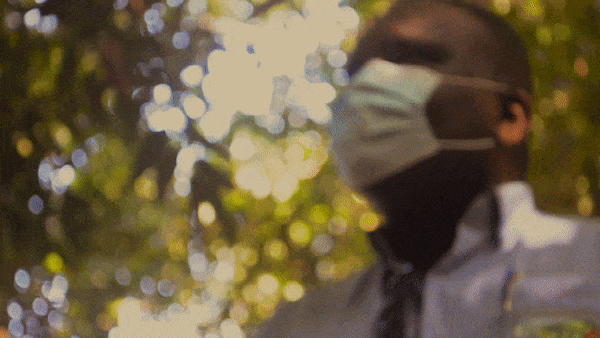
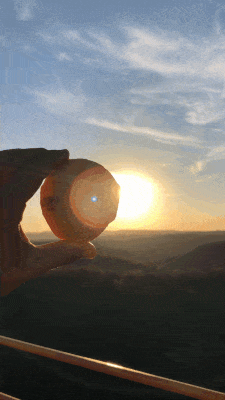



harvesting
As if it wasn’t difficult enough, we’re on our second year of doing harvesting through COVID-19.
You may be aware from the news that the situation in Brazil is still very difficult. Last year COVID circulated mostly in areas of Brazil with high population density which made the rural areas safer. This year, however, the areas around the farm were severely impacted by the virus, which made the safety measures even stricter inside the farm.
The farm is operating with reduced staff and social distancing, and team is working hard supervising the field to ensure all safety equipment is being used effectively.

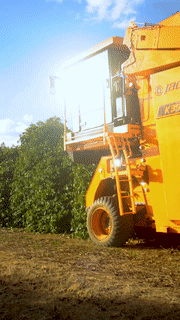
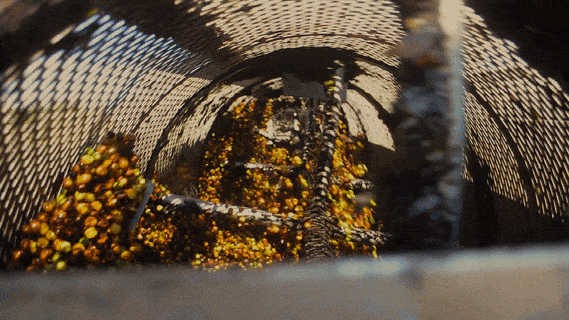
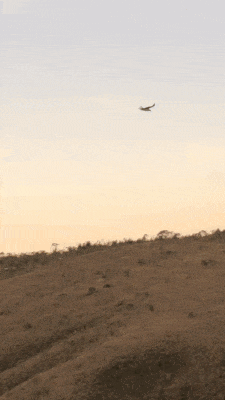
quality
We get asked a lot how we create consistency in our coffee in such volume. Here’s how we do it, step by step:
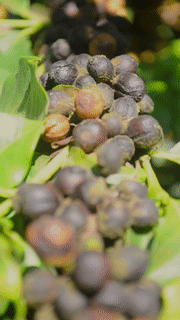
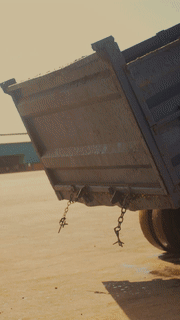
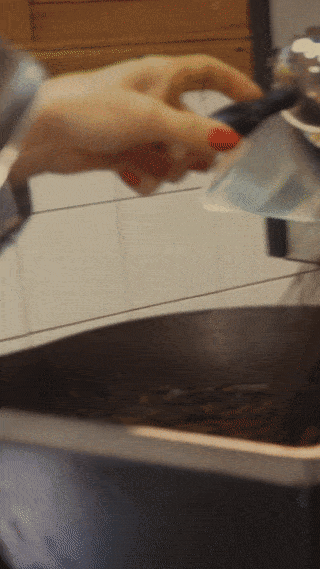
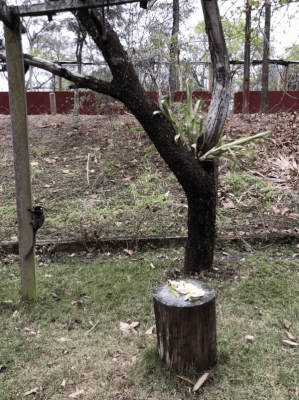
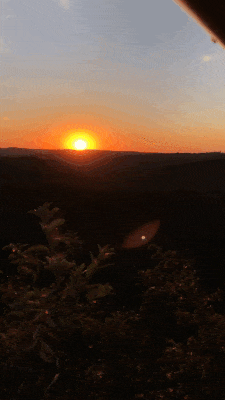
MASTERPIECES by daterra
The MASTERPIECES by Daterra are our experimental coffees. We research, test and play around with several variables to come up with really unique coffees.
Experimenting means failing, too – many of our experiments end up tasting not just like we expected, but that’s how we learn.
Our experimental unit is always buzzing with new techniques and tests to unlock unexpected flavors for you. The very best of these coffees will be available in our auction – yes, Daterra’s auction is back this year.
Mark your calendar: Daterra’s auction of microlots is happening on November 30, 2021.
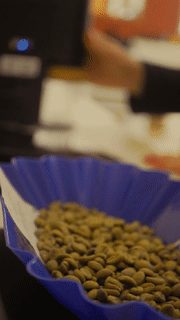

When it comes to sustainability in the field, it may take several years to see results: you could start something today and only know if you’re doing the right thing in three years from now.
In 2021 several projects that we started working a long time ago are finally coming together and we’re excited to show their progress:
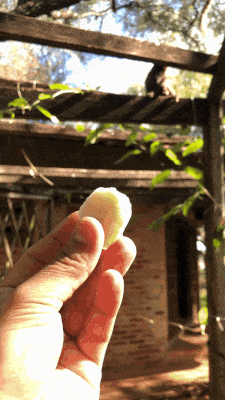
Daterra's climate
mission
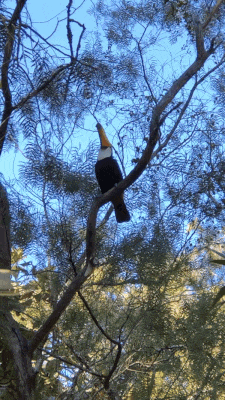
a public
commitment
The numbers are great but there’s always room for improvement.
Daterra’s plan is to increase even more the carbon sequestrations, so we’ve established a public commitment to increase it at least 50% until 2030.
sustainable packaging


Daterra uses around 22 tons of packaging in a year.
Because this packaging is distributed all over the world, it’s impossible for Daterra to collect and recycle it.
EuReciclo connects with recycling coops all over Brazil.
Through EuReciclo, Daterra funds the recycling of 22 tons of packaging material in Brazil, compensating for the package we’re not able to recycle.
The funds go directly to the recycling coops, improving the livelihood of recycling agents and valuing their work for society.
Daterra was the first coffee farm in the world to start packing coffee in vacuum. Daterra’s PentaBoxes were a revolution in the way coffee is packed and nowadays many farmers around the world pack their finest coffee in vacuum.
Over 15 years have passed and even though they are great to keep coffee fresh, they are difficult to recycle. Three years ago, we started researching new alternative packaging solutions that have the same quality performance but is eco-friendly. This new packaging is finally taking shape and will be available very soon!
While the new PentaBox isn’t ready, we’re doing a packaging recycling compensation with EuReciclo. Now, with Daterra’s funding, a recycling coop recycles the same amount of packages that we sell on a yearly basis.
How it works:
tree_llion
project
Planet Earth needs more trees – according to the World Economic Forum, one trillion trees will be needed to address the climatic problem. The Tree_llion Project is Daterra's initiative to contribute with the global goal by planting three million native trees in Brazil until 2030.
Planting three million trees is a lot for a single institution, but we believe we can do it with the right partnerships. The Tree_llion Project acts on several fronts to gather allies:



.png)



Producing seedlings of native trees in our nurseries
Engaging Daterra’s employees and clients.
Signing partnerships with public administration
Sign partnerships with other companies
Engaging communities
Planting and taking care of new forests for 10 years
Donating seedlings to other partner farms or
to NGO's
coffee partners

Morinaga (Japan) has committed to creating a new forest in Daterra.
They’ll contribute with the planting of 77.000 in the next five years. The planting and monitoring over the course of 10 years will be carried by Daterra.

THE BARN (Germany) has committed to planting 40.000 trees in the next five years.
The planting and monitoring over the course of 10 years will be carried by Daterra.
And there are more coming! If you would like to also get involved in this project, just drop us a line: daterracoffee@daterracoffee.com.br
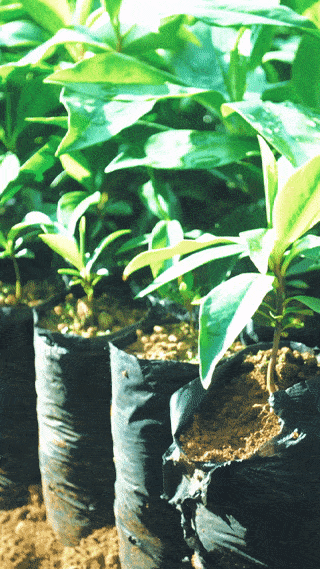
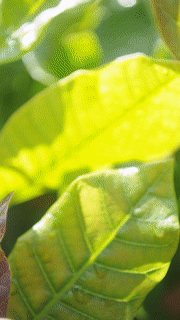

That's the news for today! We hope you enjoyed learning more about our work and, more than anything, we're hoping you're staying healthy so we can meet soon.
If you have any questions, send us an e-mail or a DM:
.png)

